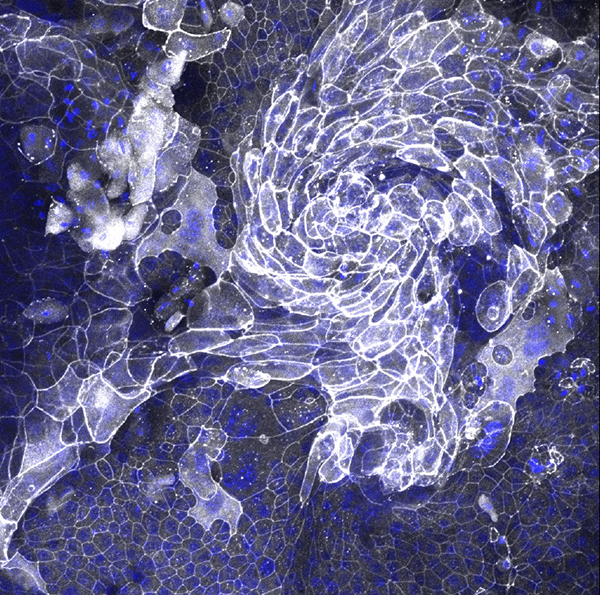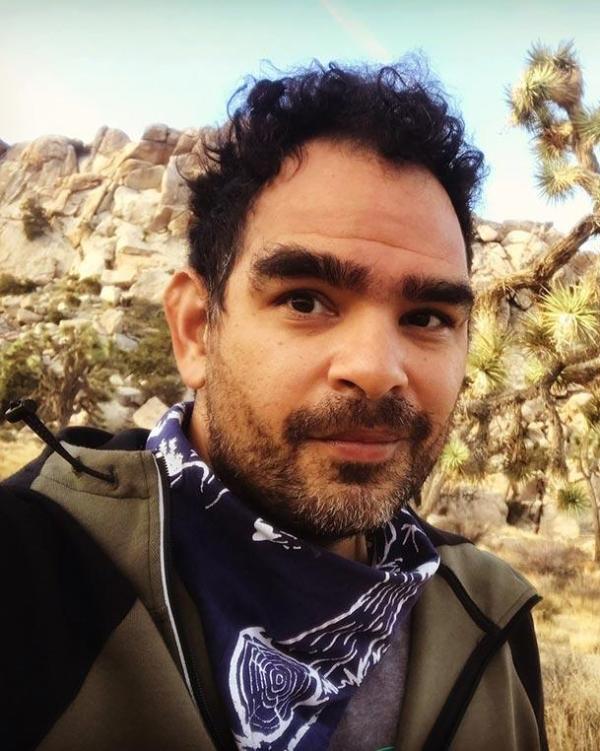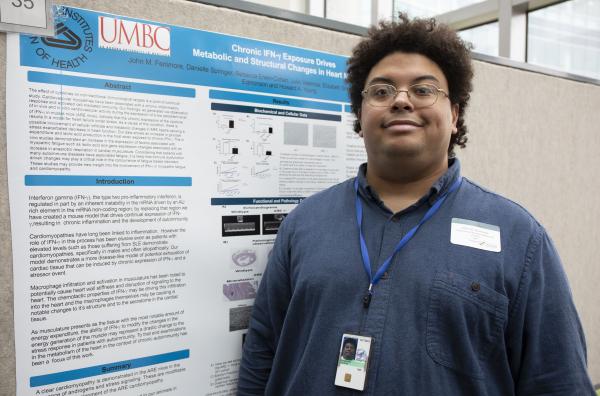The (Future) Doctor Is In
Medical Students Enjoy a Year at NIH
Every physician spends years in school getting trained to provide healthcare to patients with a wide array of health conditions, but not all of them know much about how the tools they use and the treatments they offer make it from the lab to the clinic. For the past year, 42 medical students took time off from their studies to fill in that gap first-hand by working in IRP labs as part of NIH’s Medical Research Scholars Program. As their stints at NIH wind down, each of them will return to medical school with valuable scientific training that will surely enhance their ability to help patients in the future. Keep reading to see how the MRSP has given a leg up to three of these bright future doctors.










